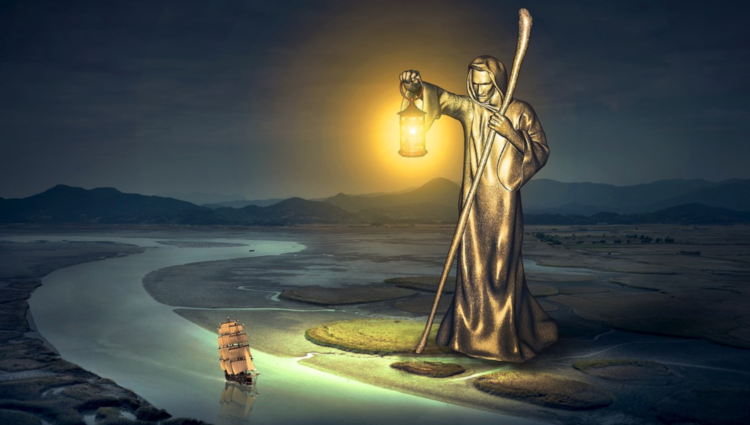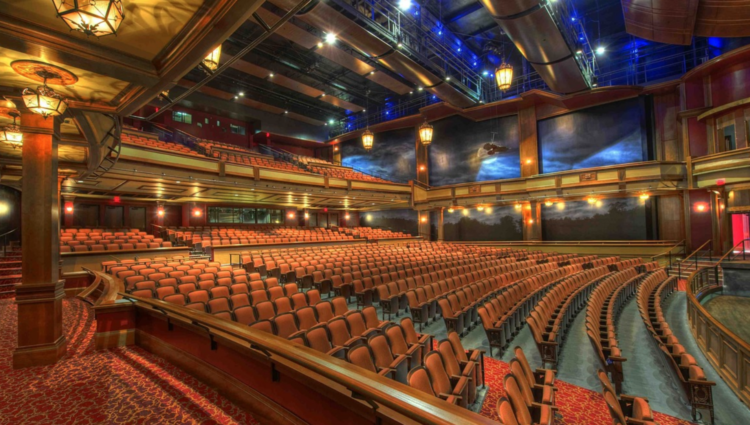The Good Death of Kate Montclair
Kate Montclair is dying. She has arrived at late middle age loveless, childless, and having failed to achieve the career dreams of her youth. Now diagnosed with an inoperable brain tumor, she sees the next fourteen months of suffering as an intolerable prospect. Kate is desperate—not only for a miracle cure, but for some sense [...]






